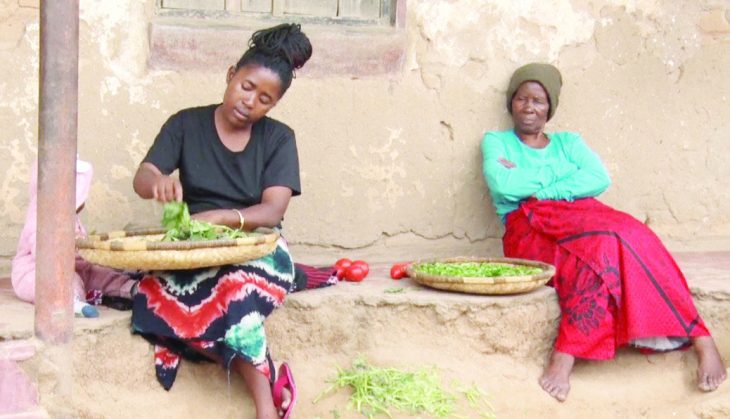
Navigating Turbulent Times: Strategies for Malawi Businesses to Thrive Amidst Economic Challenges
Key Business Points
- Rising inflation: Malawi’s headline inflation has increased to 29.1 percent in October 2025, up from 28.7 percent, affecting the purchasing power of businesses and individuals.
- Economic pressure: The consistent rise in commodity prices puts additional pressure on local businesses, which may struggle to maintain profitability amidst increasing costs.
- Investment implications: The upward trend in inflation may impact investment decisions, as businesses and investors weigh the risks and opportunities in Malawi’s economy.
Malawi’s business community is facing a challenging economic environment, with headline inflation remaining on an upward spiral for most of the year. According to the National Statistical Office, the country’s headline inflation rate increased to 29.1 percent in October 2025, up from 28.7 percent. This rise in inflation has significant implications for local businesses, which are already operating in a kuwala (tight) economic environment.
The ever-rocketing prices of basic commodities are affecting not only individuals but also businesses, which are struggling to maintain their profit margins. As kabusi (costs) continue to rise, companies may be forced to increase prices, potentially reducing demand and affecting their chuma (revenue). This, in turn, can lead to kugwira ntchito (unemployment) and reduced economic activity.
The nkhanza (inflation) trend is also likely to impact investment decisions in Malawi. As inflation rises, investors may become more cautious, weighing the risks and opportunities in the country’s economy. Makampani (companies) may need to sindika (adapt) their strategies to navigate the challenging economic environment and maintain their competitiveness.
To mitigate the effects of inflation, malamulo (policies) that promote economic growth and stability are essential. The government and bodi ya kukonza (regulatory bodies) must work together to create a mazingira (environment) that supports biashara (business) growth and uchumi (economic) development. By doing so, Malawi can attract more malo (investment) and create nafasi za kazi (job opportunities) for its citizens. As the economy continues to evolve, it is crucial for wajimoto (entrepreneurs) and makampani (companies) to stay informed and kujitambulisha (be aware) of the hali ya soko (market conditions) to make informed decisions and thrive in the soko (market).
What are your thoughts on this business development? Share your insights and remember to follow us on Facebook and Twitter for the latest Malawi business news and opportunities. Visit us daily for comprehensive coverage of Malawi’s business landscape.
- New Visions for Progress: Charting Malawi’s Next Generation Economic Growth - February 13, 2026
- Kanyika Niobium Mine Breaks Ground: Fuelling Malawi’s Business Growth - February 12, 2026
- RBM Tightens Grip: K145bn Treasury Decision Impacts Malawi’s Economic Landscape - February 11, 2026
